Table of contents
- How Are THC and THCV Produced in the Cannabis Plant?
- What Are the Key Differences Between TH`C and THCV?
- What Are the Psychoactive and Physiological Effects of THC vs THCV?
- What Is the Potential Therapeutic Benefit of THCV Compared with THC?
- Why Do People Explore THC-Richer vs THCV-Richer Cannabis Strains and Products?
- What Is the Legal Status and Safety Considerations for THC and THCV?
- How Should You Think About THC and THCV in Practice?
- What Does Current Cannabis Research Tell Us - and What Are the Gaps?
- Are There Specific Considerations When Choosing Cannabis Products?
- Summary: What Should You Take Away?
- Final Thoughts
- Works Cited
The world of the cannabis plant is filled with compounds known as cannabinoids derived from the plant Cannabis sativa and its subspecies. Among these, two of the most talked-about are Δ9‑tetrahydrocannabinol (commonly called "THC") and Δ9‑tetrahydrocannabivarin (THCV). Although they sound alike, they have very different profiles - from their molecular structure to their psychoactive properties, to how they might influence various physiological processes in the human body.
In this article we'll break down:
- how THC and THCV differ
- how each interacts with the endocannabinoid system and cannabinoid receptors
- what the known physiological effects are, including appetite and glucose metabolism
- what the potential therapeutic benefits might be
- and what consumers should consider when exploring cannabis strains and cannabis products.
By the end you'll have a clearer understanding of THC vs THCV and how they might apply (or not apply) in your own situation.
How Are THC and THCV Produced in the Cannabis Plant?
What is the origin of THC in the cannabis sativa plant?
The plant Cannabis sativa naturally synthesises many cannabinoids. The THC molecule is one of the most abundant and well-studied cannabinoids in the plant. It is derived through a biosynthetic pathway starting from precursors like cannabigerolic acid (CBGA). When the acidic precursor decarboxylates (for example when heat is applied), it becomes the active delta 9 THC.
What about THCV - how does the naturally occurring cannabinoid differ?
THCV is a rarer cannabinoid. It is also derived from the cannabis plant, but via a slightly different pathway: instead of olivetolic acid reacting to form CBGA, THCV arises from a variant precursor (cannabigerovarinic acid). The key difference is in the "tail" of the molecule: THCV has a shorter hydrocarbon chain compared with THC.
Because of this difference, THCV is far less abundant in most cannabis strains, making it more difficult to source.
Why does the difference in chemical structure matter?
That shorter chain in THCV compared with THC means that although the two molecules are very similar in shape, their interaction with cannabinoid receptors is different. This structural variation influences how they bind to the CB1 and CB2 receptors in the human body, which in turn affects their psychoactive effects, how they modify appetite, glucose metabolism, and other physiological processes.
What Are the Key Differences Between TH`C and THCV?
Molecular structure and receptor activity
- THC: The "delta 9 THC molecule" is a partial agonist at CB1 receptors (mainly in the brain and central nervous system) and also acts at CB2 receptors. This is part of what gives THC its well-known psychoactive effects.
- THCV: A naturally occurring cannabinoid, it has different activity. At lower doses, THCV can act as a CB1 antagonist, meaning it can block or reduce the activation of CB1 receptors. At higher doses it may act as a CB1 agonist. It can also act as a partial agonist at CB2.
Psychoactive effects and appetite modulation
- THC produces the typical "high" associated with cannabis consumption: euphoria, altered perception, appetite stimulation (sometimes called "munchies").
- THCV, unlike THC, may decrease appetite rather than stimulate it - which is one reason it has been called "diet weed" in casual discussion.
- At lower doses THCV may show non-psychoactive properties (or much more subtle psychoactivity) compared with THC. However, at higher doses it may still produce psychoactive effects.
Interaction with the endocannabinoid system
Both THC and THCV interact with the endocannabinoid system (ECS) - the network of cannabinoid receptors (CB1 and CB2) in the human body that regulate many physiological processes including mood, appetite, pain, and immune responses.
- THC activates CB1 receptors strongly, which leads to many of its effects in the central nervous system.
- THCV's ability to antagonise CB1 at lower doses gives it a different profile: it may reduce some of the effects that THC would normally produce, such as appetite stimulation or cognitive impairment.
Abundance in cannabis strains and cannabis products
THC is typically abundant in most modern cannabis strains. THCV, on the other hand, is a minor cannabinoid - meaning its levels in many plants are very low. Therefore sourcing high-THCV cannabis strains or products can be more challenging.
This means when looking for THCV-rich options (for example to explore its unique effects), you'll likely pay attention to strains known for higher THCV, or look for specialized cannabis products designed around THCV.
What Are the Psychoactive and Physiological Effects of THC vs THCV?
Effects of THC in the human body
When someone consumes THC (for example via smoking a cannabis strain, vaporizing, or ingesting a THC-edible) the effects typically include:
- Psychoactive "high": changes in mood, perception, possibly short-term memory impairment.
- Appetite stimulation.
- Interaction with the central nervous system: sometimes sedation or euphoria, sometimes anxiety or paranoia depending on dose and individual.
- Effects via the endocannabinoid system in the brain and body - including activation of CB1 receptors.
Because of its psychoactive properties, THC is considered a controlled substance in many jurisdictions. It also has medicinal uses (for example appetite stimulation in certain medical cannabis contexts) but also carries risks of cognitive impairment, anxiety, and other side effects.
Effects of THCV in the human body
THCV appears to offer a different profile of effects:
- At lower doses, minimal psychoactive high (or perhaps none) - meaning less intense changes in perception than THC.
- Appetite suppression: research suggests THCV may decrease feeding behaviour, increase satiety, improve glucose metabolism.
- Potential influences on glycemic and lipid parameters in studies: THCV has been associated with improvements in fasting plasma glucose in some human pilot studies.
- Because it acts differently on CB1 and CB2 receptors, THCV may produce less sedation, less cognitive impairment, less appetite stimulation.
- At higher doses THCV might show mild psychoactive effects, but still different in nature from classic THC.
What research says about "higher doses" and "lower doses"
Dose matters. Some of the research involving healthy male human volunteers, for example, have found that when THCV is given prior to THC, the THC-induced cognitive and heart rate effects are somewhat moderated.
In rodent and early human studies:
- THCV given in a dose range may have improved glucose regulation, reduced appetite, and improved lipid parameters.
- THC tends to stimulate appetite, alter feeding behaviour, and produce classic psychoactive effects.
In short: THCV may act to attenuate some of the stronger psychoactive properties of THC, while offering some distinct physiological effects.
What Is the Potential Therapeutic Benefit of THCV Compared with THC?
Therapeutic uses of THC (delta 9 THC)
THC has been studied and used for medicinal cannabis applications, such as:
- Appetite stimulation in patients with cachexia (wasting) or HIV/AIDS.
- Relief of nausea associated with chemotherapy.
- Some pain relief and muscle spasticity reduction (for example in multiple sclerosis).Because THC activates CB1 receptors in the central nervous system it can help stimulate feeding, relieve some symptoms, but also has psychoactive and cognitive side effects.
Therapeutic potential of THCV
THCV is emerging as an interesting candidate because of its different interaction with the endocannabinoid system and its role in various physiological processes.
- Appetite suppression: In contrast to THC's appetite stimulation, THCV appears to decrease appetite and increase satiety.
- Glycemic control: Some studies show THCV may improve plasma glucose levels and lipid parameters in humans with type 2 diabetes.
- Metabolic regulation: Because THCV affects glucose metabolism, insulin sensitivity, and energy balance, it has potential in managing obesity, metabolic syndrome, and related conditions.
- Neuroprotective and antipsychotic potentials: Some early cannabis research suggests THCV may have neuroprotective benefits and may moderate anxiety or psychotic-like symptoms.
How do these compare - what are "key differences" in therapeutic benefits?
- With THC: The primary therapeutic value is often in stimulating appetite, reducing nausea, providing analgesia or muscle spasm relief, but with trade-offs of psychoactive effects, impaired cognition, appetite stimulation (which may be undesirable in some cases).
- With THCV: The potential lies in appetite suppression, improved metabolic parameters, less intense psychoactivity, and possibly more favourable profiles when one does not want a strong "high".
Because of these distinctions, THCV is gaining interest among those looking for different medicinal cannabis uses where appetite suppression or metabolic control is desired.
Why Do People Explore THC-Richer vs THCV-Richer Cannabis Strains and Products?
When you consider cannabis consumption - whether for recreational or medicinal use - the choice between THC-dominant or THCV-enhanced products becomes relevant.
If you prefer THC-dominant effects:
- You might choose a cannabis strain with high THC content (many modern strains of Cannabis sativa and hybrids deliver that).
- For example: classic "high" experiences, appetite stimulation, mood alteration, typical psychoactive properties.
- You might click through to explore some THC-rich options: such as THC gummies or THC brownies.
If you're curious about THCV or want alternative effects:
- You might look for cannabis strains or cannabis products that highlight THCV content - for example Berry Gelato 50 THCV Flowers.
- You may prefer less intense psychoactive effects, maybe more focus or clarity rather than sedation, or may have interest in metabolic regulation.
- For example you may explore specialized products or check the product label for THCV content.
Practical pointers
- Always check the cannabinoid profile of "cannabis strains" or "cannabis products" so you know THCV vs THC content.
- Start with lower doses, especially when trying THCV since less research exists and effects may vary.
- Be aware of individual differences: metabolism, tolerance, previous experience with plant Cannabis sativa - all matter.
- Consider your goals: if appetite stimulation is needed (for example in a medical context), THC might be the better choice; if appetite suppression or metabolic support is desired, THCV may offer distinct benefits.
- Pay attention to legal status in your jurisdiction (see next section).
What Is the Legal Status and Safety Considerations for THC and THCV?
Legal status of THC
- THC (especially delta 9 THC) is often classified as a controlled substance in many countries. Because it has strong psychoactive effects and potential for misuse, it is regulated.
- Even where medicinal cannabis is legal, there are often strict regulations around THC content, licence to produce, sell or consume.
Legal status of THCV
- Because THCV is a minor cannabinoid, its legal status may be less regulated in some jurisdictions, but this is rapidly evolving and can be ambiguous.
- Some regulatory frameworks treat "THC-like compounds" or "analogs of THC" under controlled substances even if the compound is technically different, so caution is warranted.
- Always verify local rules for cannabis products, hemp plants, and cannabinoid content.
Safety considerations and potential side effects
- For THC: Psychoactive effects, cognitive impairment, increased heart rate, anxiety or paranoia in some people.
- For THCV: Early studies suggest fewer psychoactive side effects at lower doses, but still some mild side effects (dizziness, dry mouth, increased heart rate) have been reported.
- There is limited long-term human data for THCV; more research is needed to confirm safety, dose ranges, and effects across larger populations.
- If combining THC and THCV, interaction may moderate some effects of THC (for example THCV may reduce some THC-induced cognitive effects), but this is not a guarantee.
Important caution
- Because both THC and THCV act on the central nervous system and endocannabinoid system, individuals with certain health conditions (cardiovascular, psychiatric, metabolic) or those taking medications should consult a healTHCare professional.
- Begin with low doses, especially for newer compounds like THCV, until you understand how your body responds.
- Avoid using controlled substances outside legal frameworks or without guidance.
How Should You Think About THC and THCV in Practice?
Questions to ask yourself before use
- What is my goal? Do I want appetite stimulation (for e.g., decreased food intake or nausea)? Or do I want appetite suppression or metabolic support?
- Do I prefer strong psychoactive effects, or do I want something milder or more focused?
- What is the cannabinoid profile of the product I'm considering? Is it THC-dominant or does it emphasise THCV (or other minor cannabinoids)?
- What is the legal status of the product in my country or region?
- Are there any health conditions, medications, or personal sensitivities that might make THC or THCV less suitable?
- What is the dose range, and am I prepared to start low and go slow?
Practical example
Suppose you are exploring a cannabis product for metabolic support, appetite suppression, or simply for a different experience than the typical "high" of THC. You might consider a product with higher THCV content (for example: Canapuff THCV flowers).
On the other hand, if you are interested in appetite stimulation or traditional medicinal cannabis effects, you might look at a THC-dominant product such as THC cookies or THC gummies.
Combining THC and THCV
It is possible to use both THC and THCV together. Some studies show that THCV may reduce some of THC's effects (for example the THC-induced increase in heart rate or memory effects) when used in combination.
However:
- Any combination should be approached cautiously.
- The effects of such combinations are not fully known, especially at different dose ranges.
- If your interest is in medical cannabis, always follow guidance from qualified professionals.
What Does Current Cannabis Research Tell Us - and What Are the Gaps?
What we know
- Research has begun to reveal that THCV has distinct pharmacological activity compared with THC, including different binding at CB1 and CB2 receptors.
- Early human or pilot studies indicate that THCV may improve glycemic control, reduce fasting plasma glucose, and improve lipid parameters in people with type 2 diabetes.
- Comparisons of THCV vs THC show differences in appetite effects: while THC stimulates appetite, THCV can suppress it in some contexts.
What we still don't know
- Long-term studies in humans with large sample sizes are lacking, especially for THCV.
- Optimal dose ranges for THCV (for various potential therapeutic uses) are not yet well-defined.
- The full safety profile of THCV (especially in vulnerable populations) is not thoroughly established.
- More research is needed to understand how cannabis strains rich in THCV perform in real-world consumer use, how combinations of cannabinoids behave, and how different genetic backgrounds affect outcome.
- Legal and regulatory frameworks still lag behind the science in many regions, which complicates access, standardisation and consumer education.
Are There Specific Considerations When Choosing Cannabis Products?
Here are some practical considerations when selecting cannabis products with THC or THCV:
- Label transparency: Ensure the product clearly lists cannabinoid content (THC, THCV, other cannabinoids).
- Strain information: If you're using a flower or whole-plant product from Cannabis sativa, check whether the strain has higher THCV content or is typical for THC dominance.
- Consumption method: Edibles, gummies, brownies, flowers, vapes all deliver cannabinoids differently. For example THC brownies or 10-OH HHCP liquid (though HHCP is a different cannabinoid) may offer different onset and duration compared to flower.
- Dose range: Always start at lower doses especially when unfamiliar with THCV or new combinations.
- Health goals: If your objective is appetite suppression, metabolic support, or focus rather than a heavy "high", then THCV may be more appropriate. If appetite stimulation or a strong psychoactive effect is desired, THC might be preferred.
- Legal check: Confirm local laws regarding THC content, THCV legality, and cannabis consumption in your country or region.
- Individual variation: Tolerance, metabolism, previous exposure to cannabis all affect outcomes. What works for one person may not work the same for another.
Summary: What Should You Take Away?
- THC and THCV are both cannabinoids derived from the plant Cannabis sativa, but they differ significantly in their molecular structure, receptor interaction, psychoactive properties, and physiological effects.
- THC is the classic psychoactive cannabinoid: it stimulates appetite, produces the "high", activates CB1 receptors strongly, and is abundant in many cannabis strains.
- THCV is rarer, has a shorter hydrocarbon tail, interacts differently with the endocannabinoid system (often antagonising CB1 at lower doses), may suppress appetite, improve metabolic parameters (glycemic control, lipid parameters), and produce milder psychoactive effects (or none at low dose).
- For medicinal cannabis, THC may be used when appetite stimulation or strong psychoactive relief is needed; THCV shows promise when appetite suppression, metabolic regulation, or less intense psychoactivity is desired.
- Legal status, dosage, safety, individual health goals and metabolism all matter. More human research is still needed, especially for THCV.
- When selecting cannabis strains or cannabis products, verify cannabinoid content, check for transparent labelling, begin low and go slow, align product choice with your goal (e.g., appetite stimulation vs suppression).
Final Thoughts
Whether you are exploring medicinal cannabis or simply seeking broader understanding of cannabinoids, distinguishing between THC and THCV is important. The differences in how they engage the endocannabinoid system, how they affect appetite, metabolic health, psychoactivity, and their abundance in cannabis strains all influence the end user experience.
As interest grows in "minor cannabinoids" like THCV from the plant Cannabis sativa, consumers and patients alike will need accurate information, responsible dosing, legal awareness, and alignment with health goals.
If you are interested in exploring specific cannabis-derived products, you might consider visiting https://www.canapuff.com/ for product options and educational resources.
Ready to explore options tailored to your preferences? Visit Canapuff to browse curated cannabis products including THC- and THCV-rich formulas.
Works Cited
Abioye, Amos, et al. "Δ9-Tetrahydrocannabivarin (THCV): a commentary on potential therapeutic benefit for the management of obesity and diabetes." Journal of Cannabis Research, vol. 2, 2020."THCV vs. THC: What Are the Differences?" Technology Networks."Tetrahydrocannabivarin (THCV): Uses, Side Effects, and More." WebMD."What Is THCV and How Does It Differ from THC?" MyPureOasis.com."The role of tetrahydrocannabivarin (THCV) in metabolic disorders." PMC.





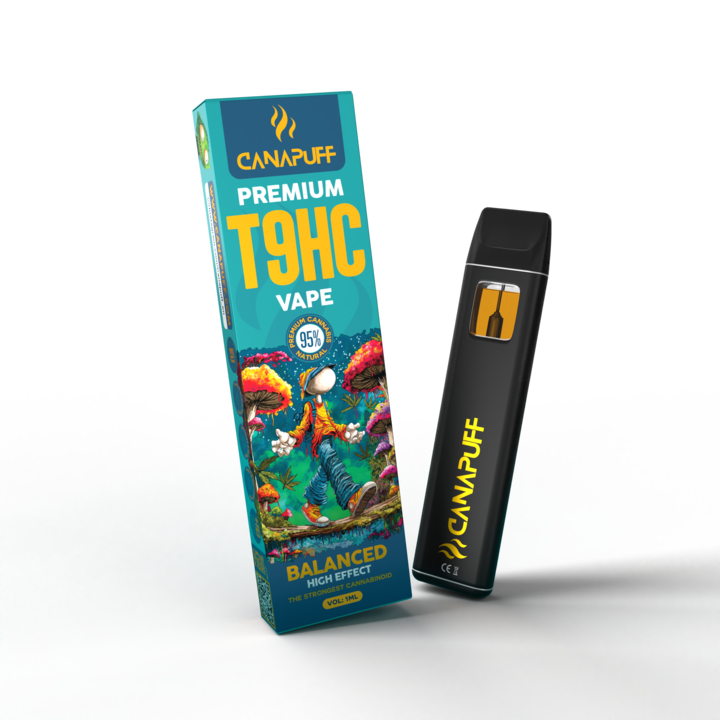
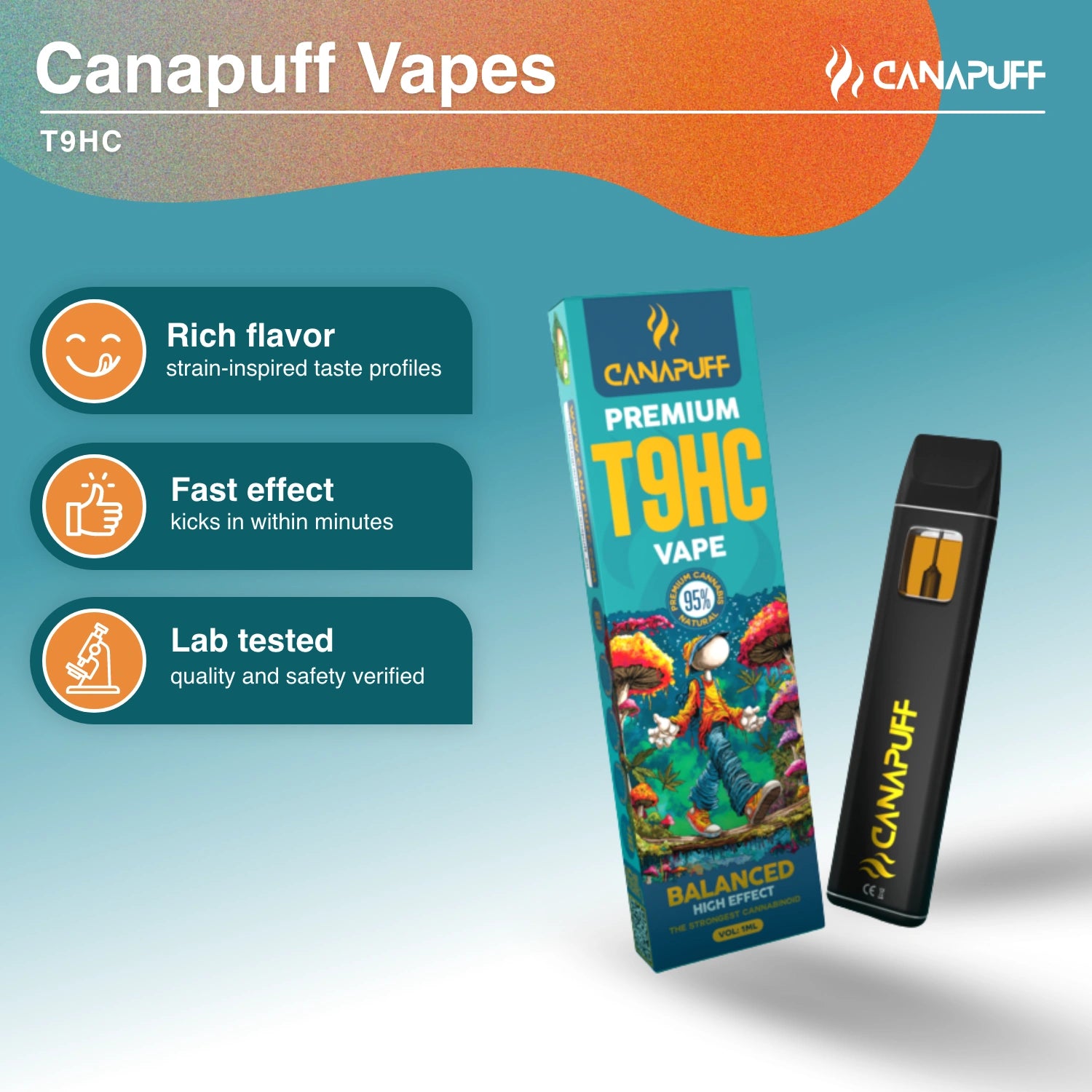
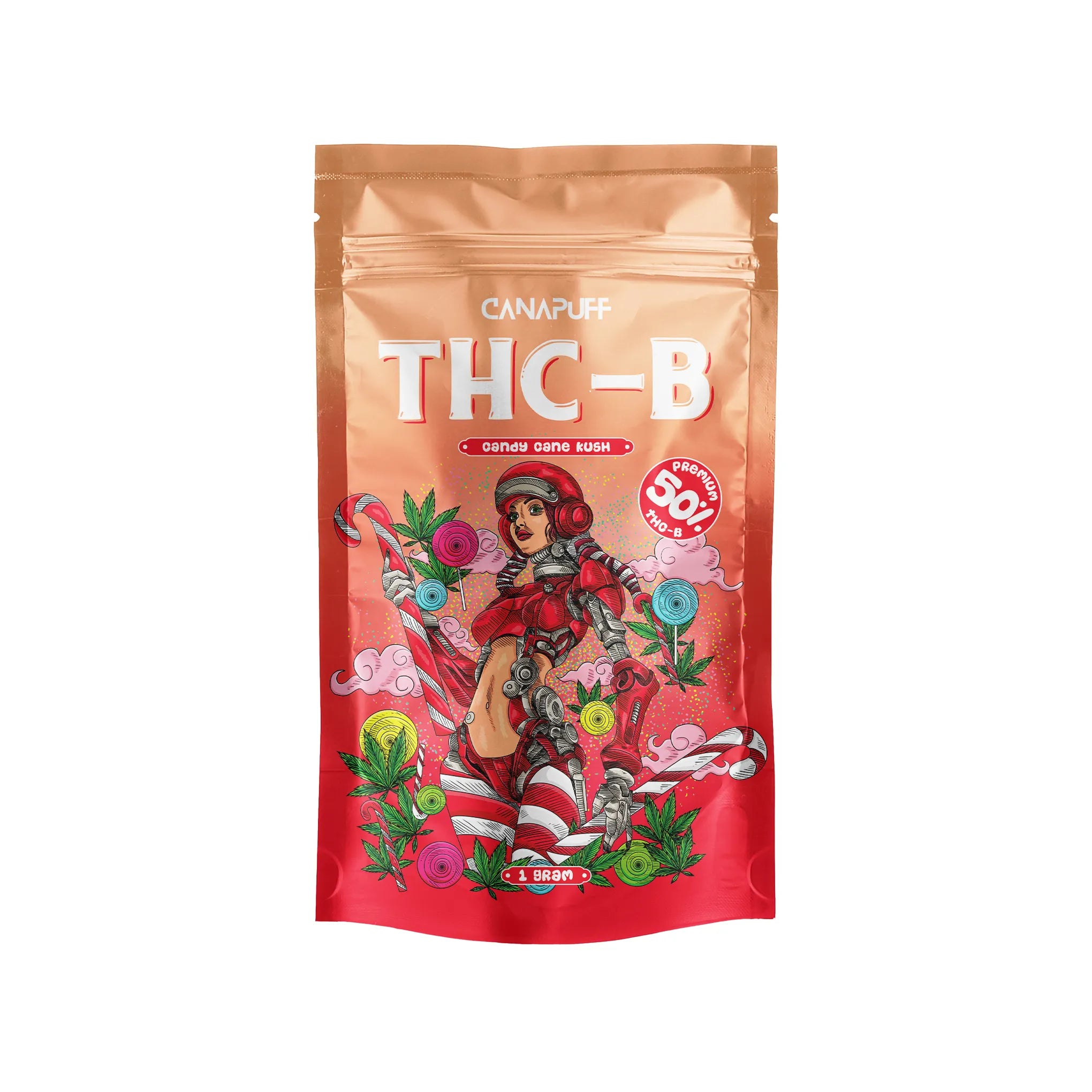
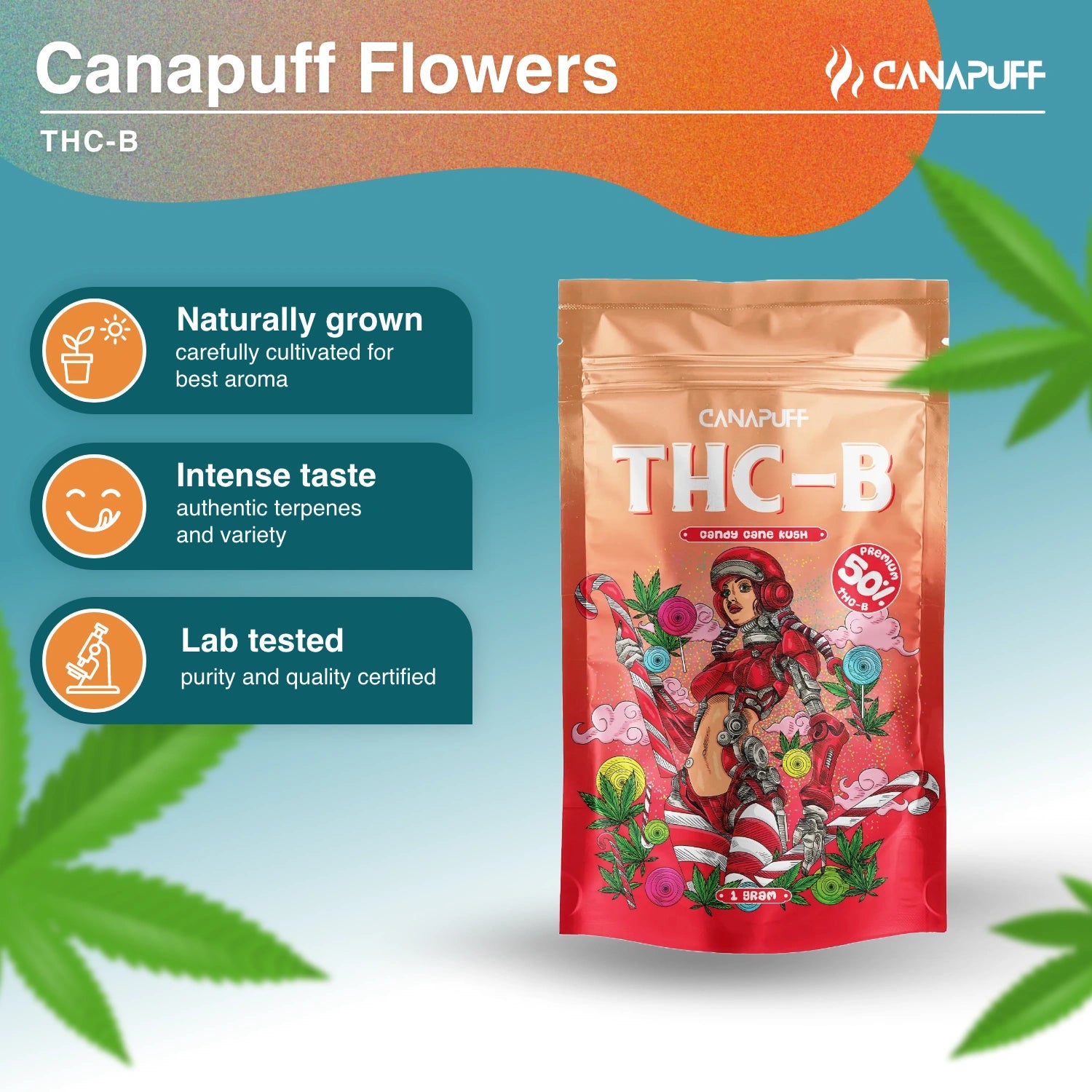
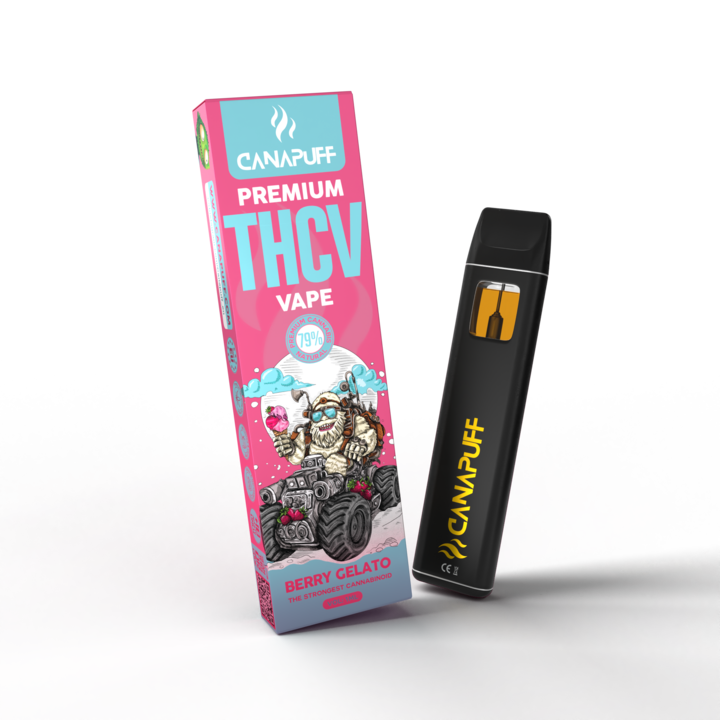
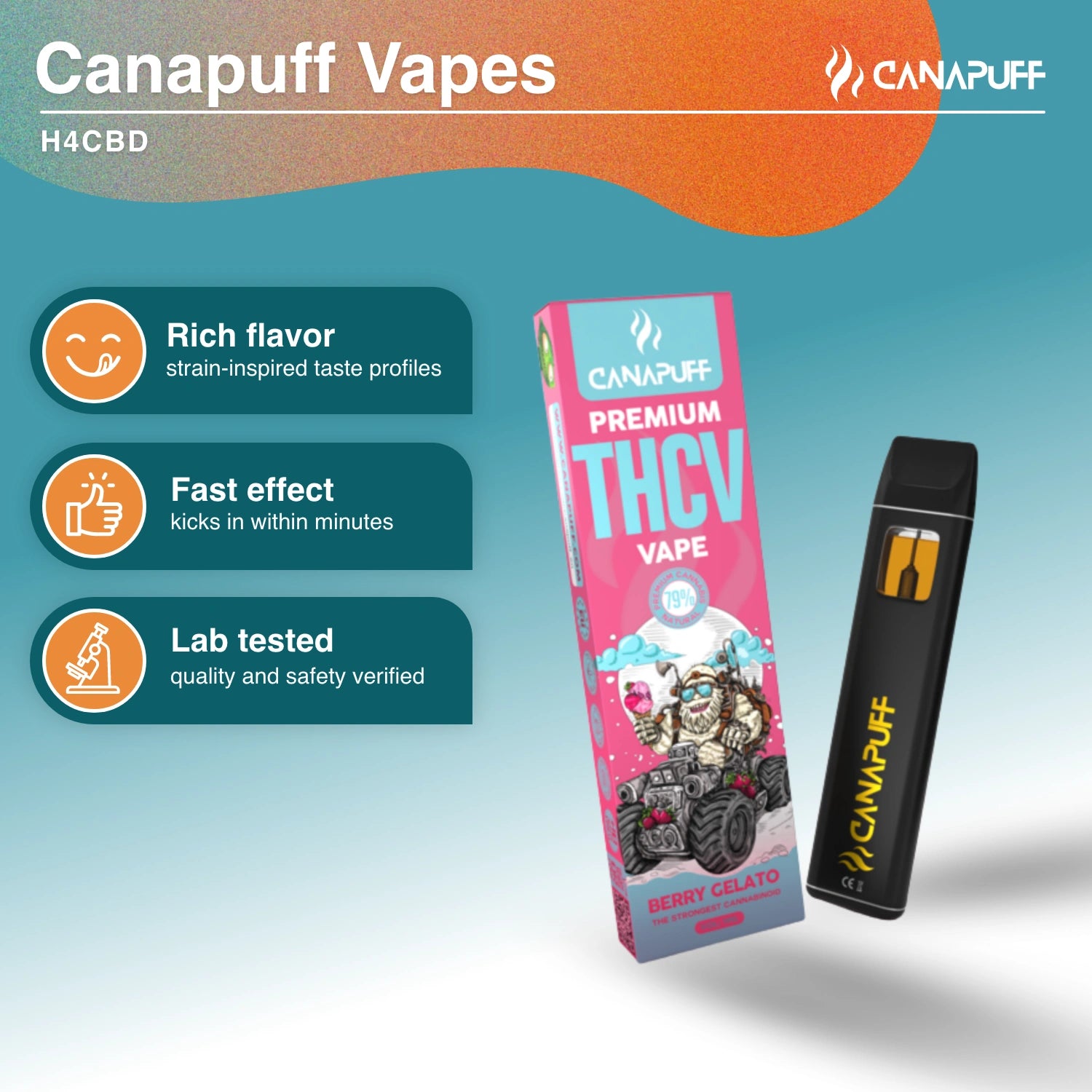
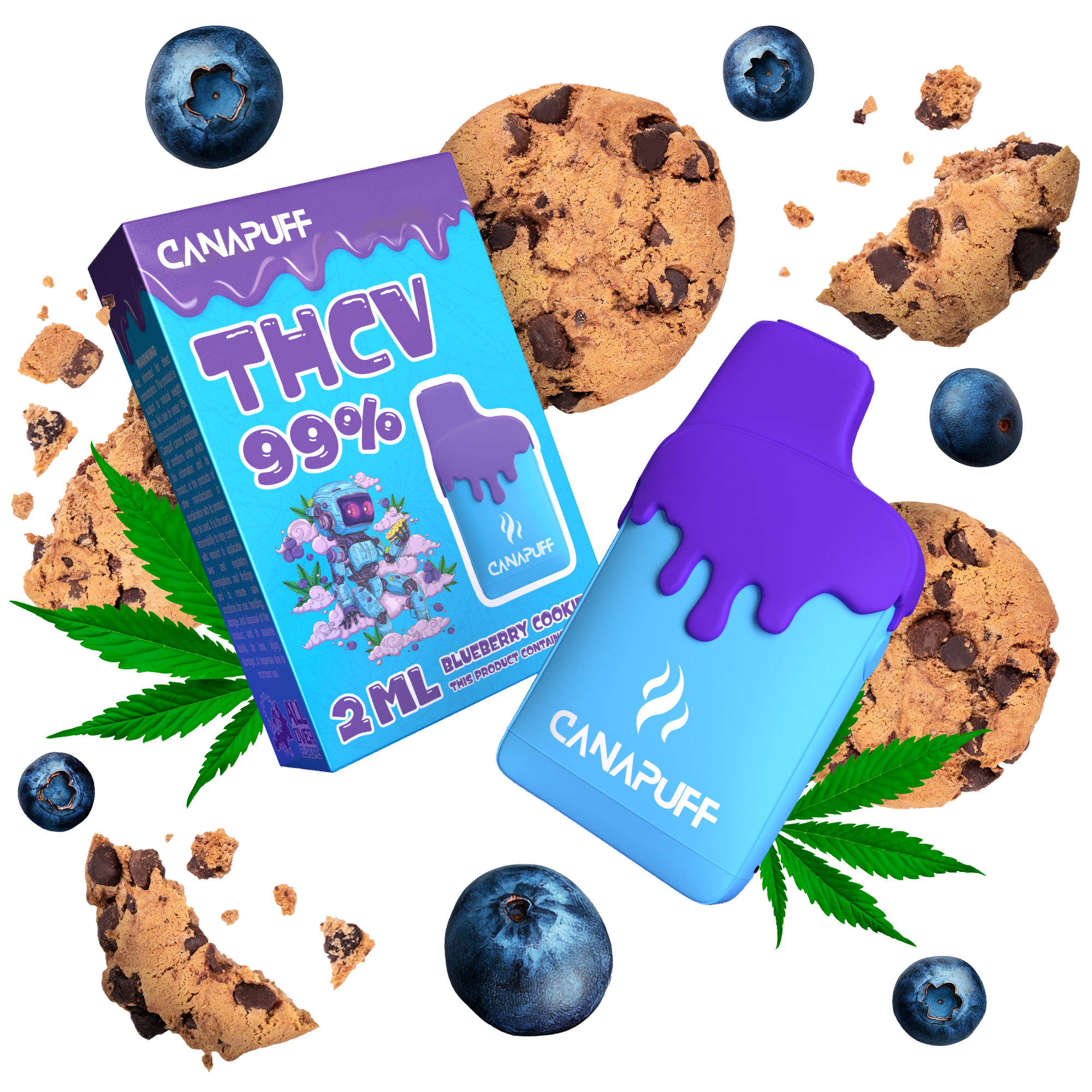
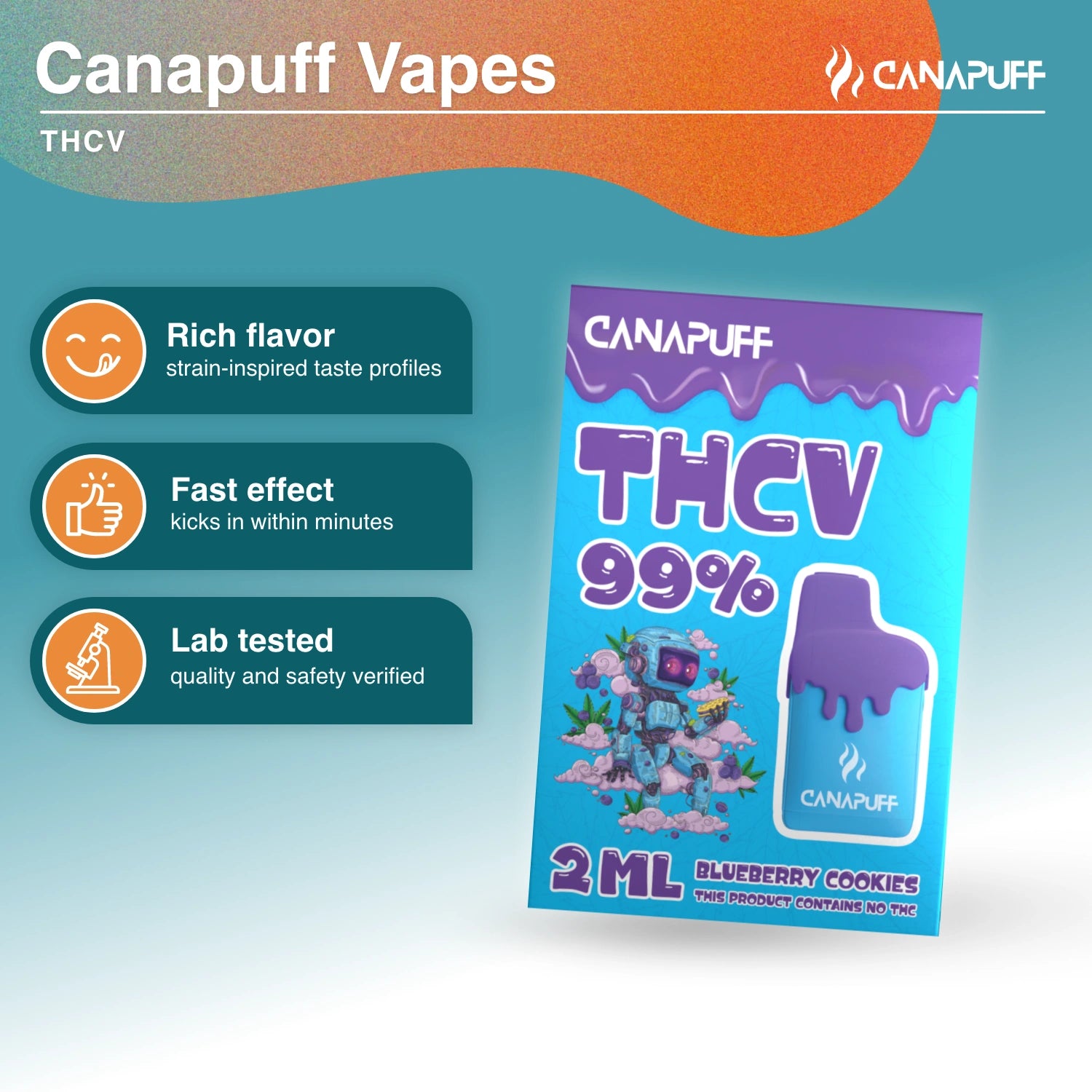
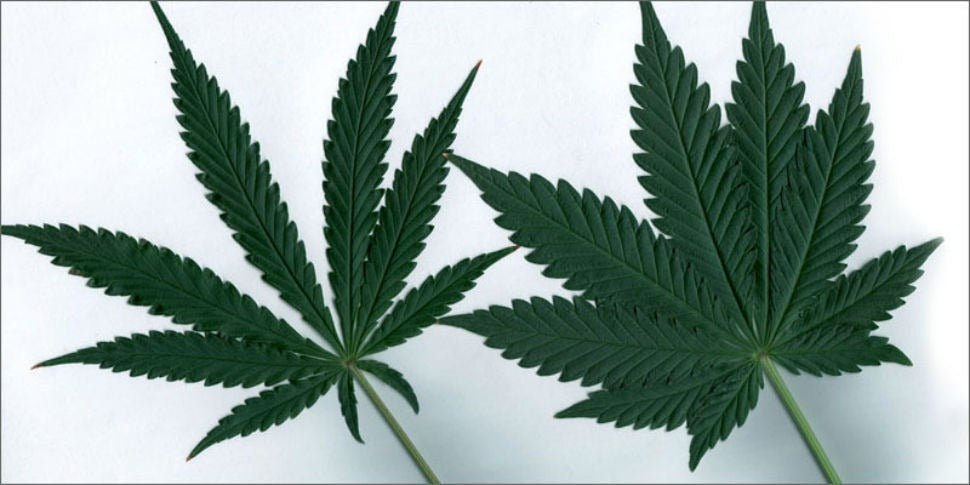
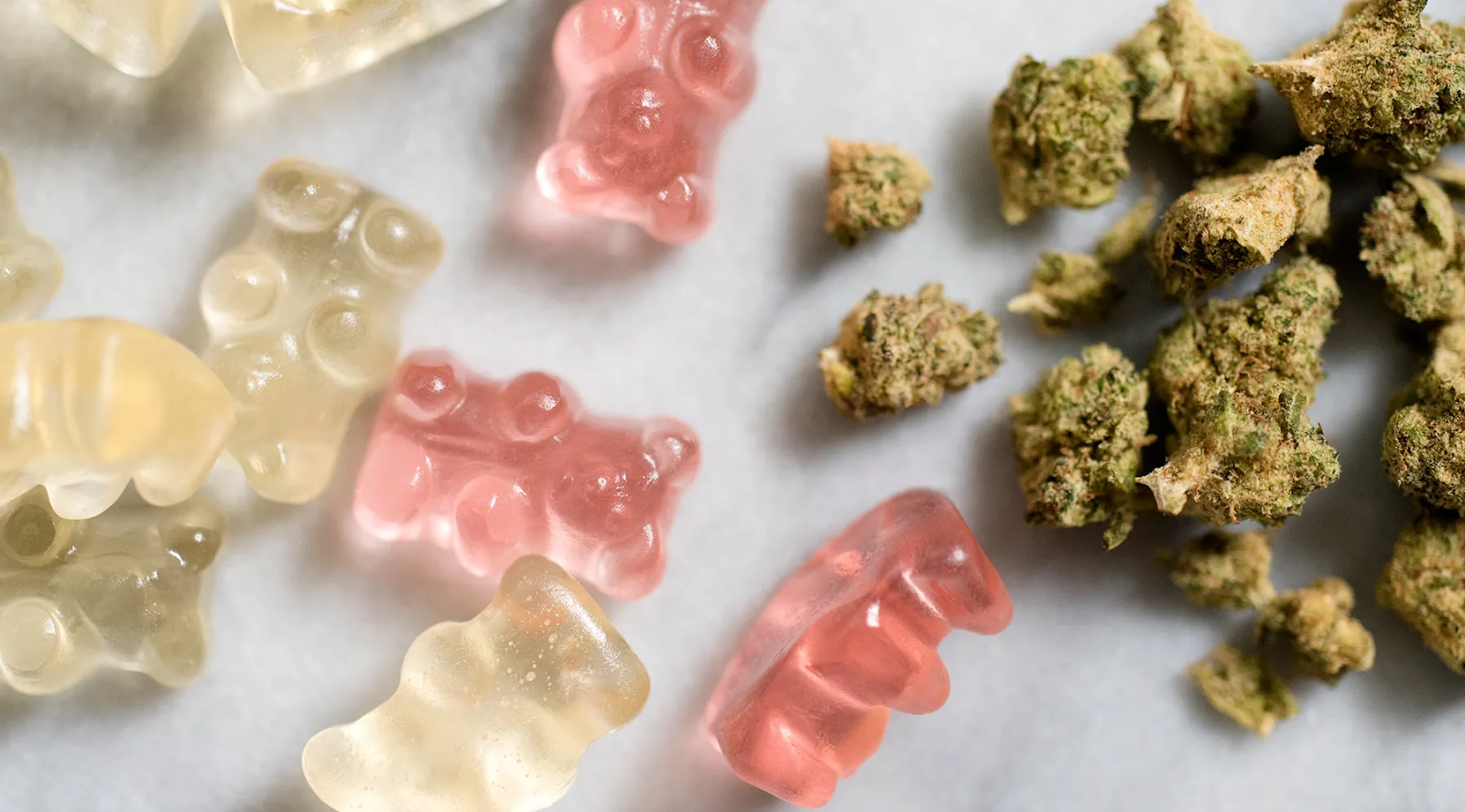
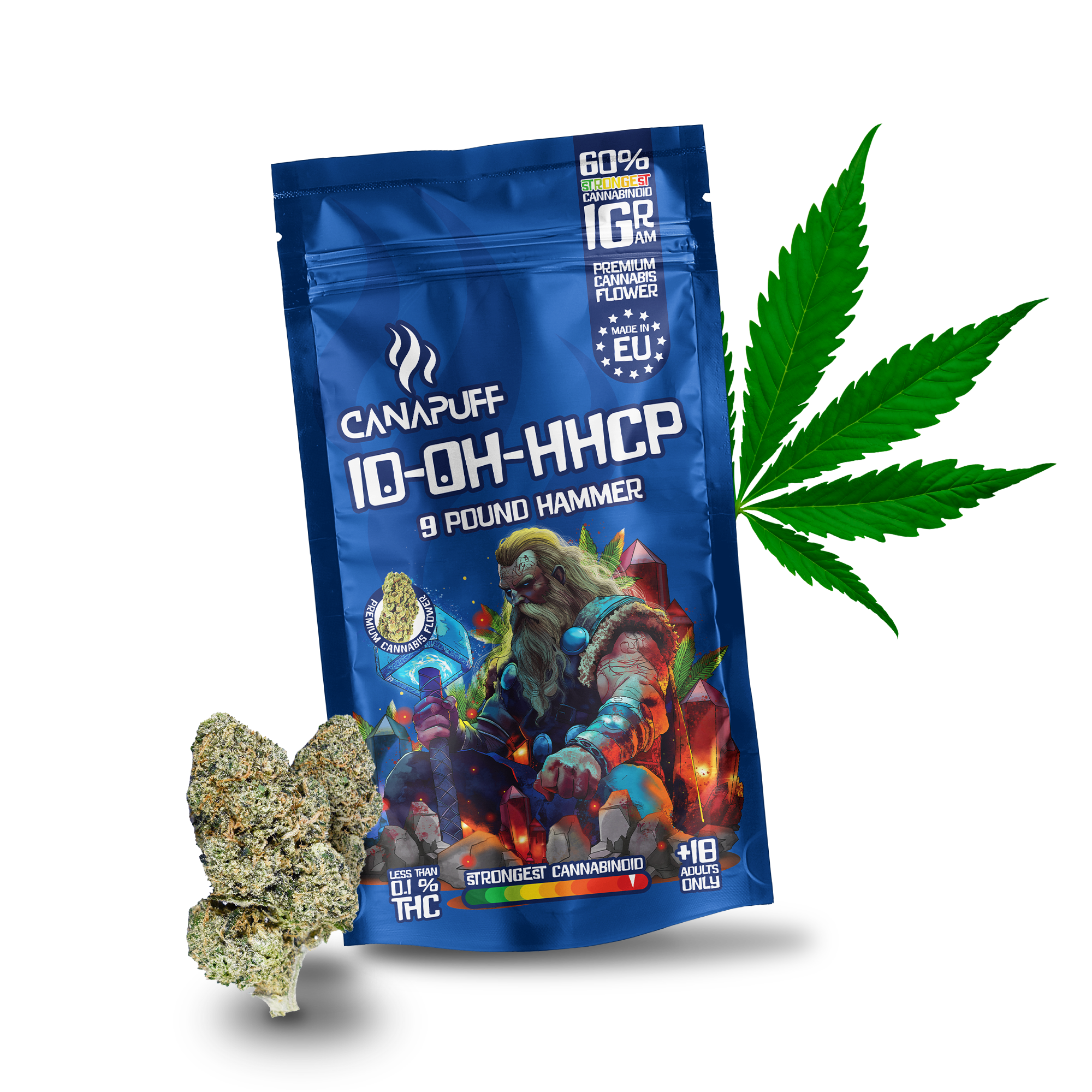
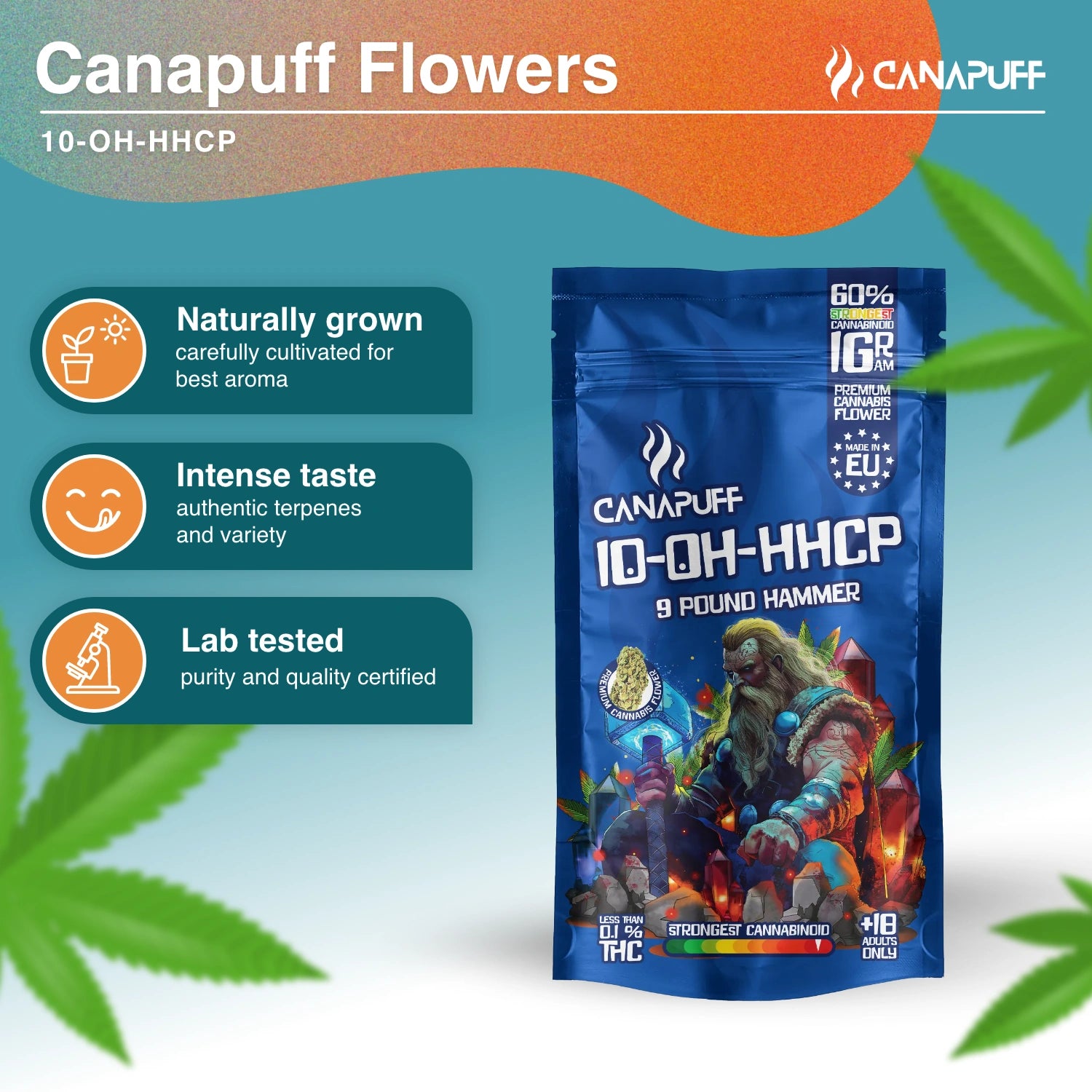
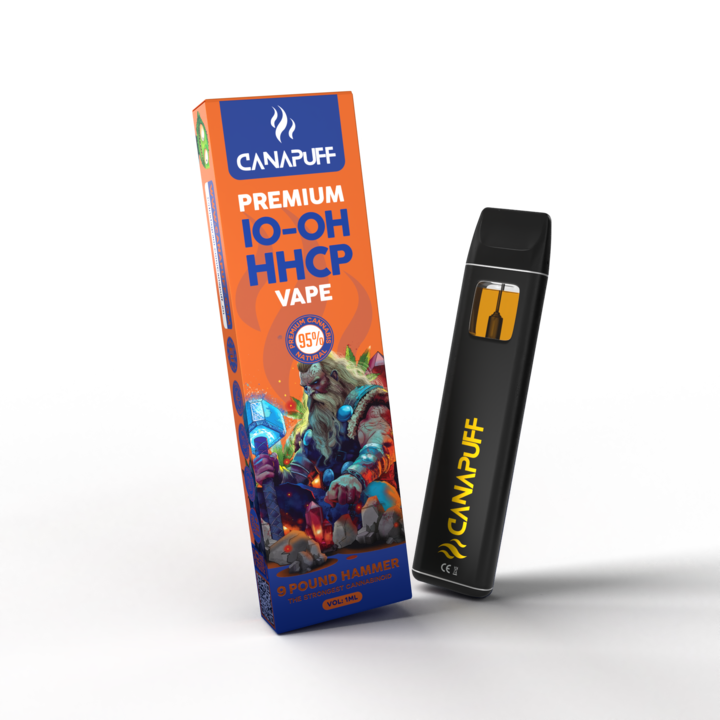
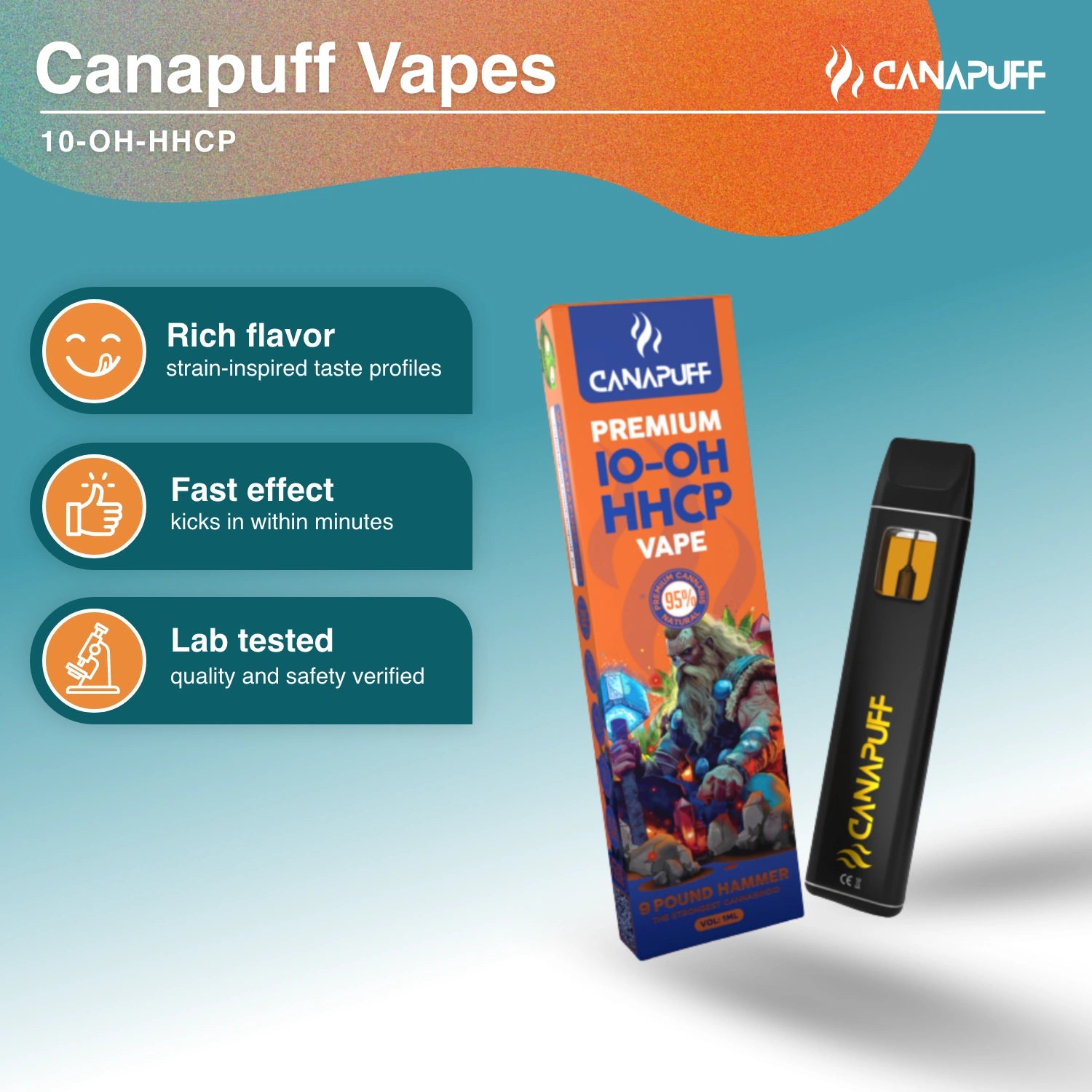
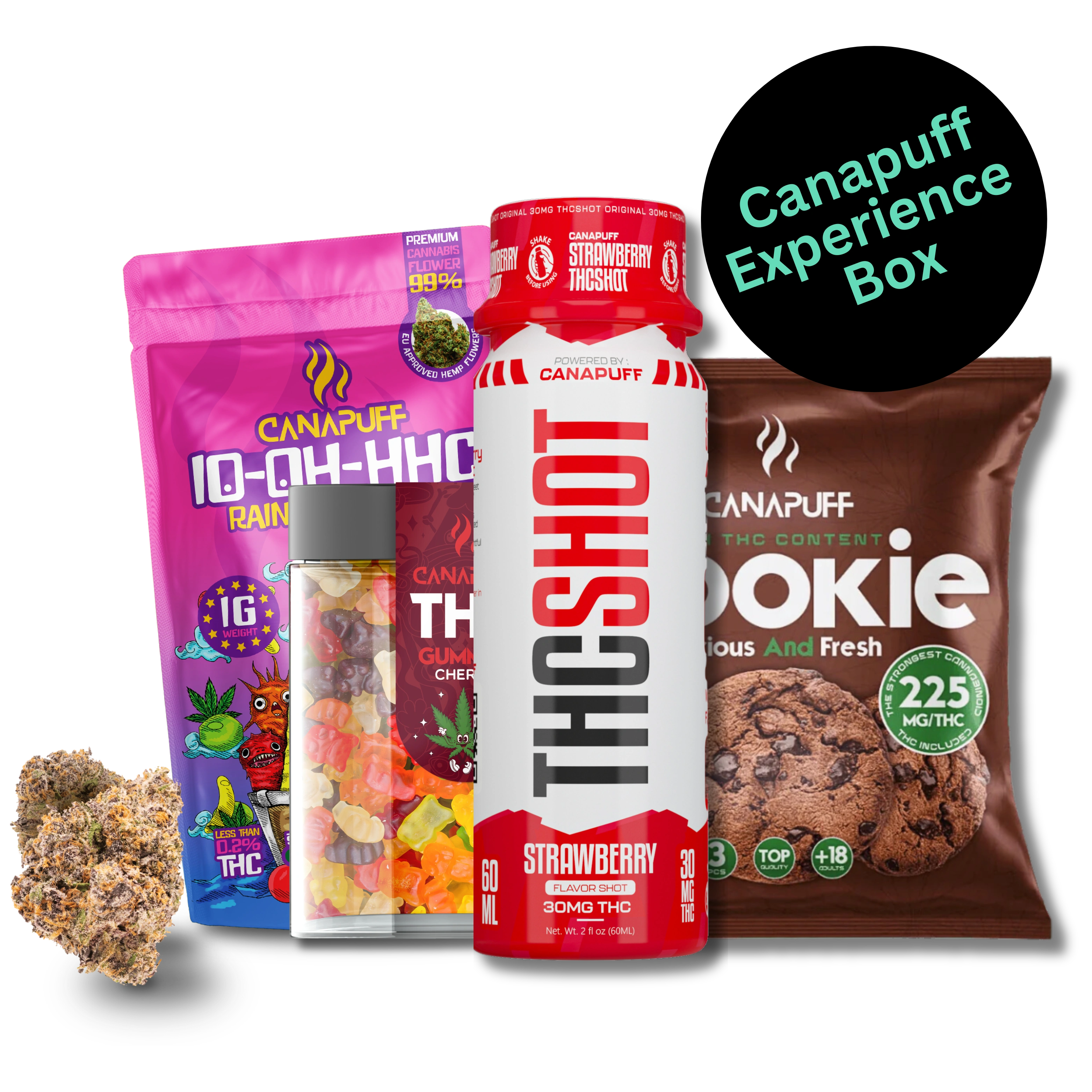

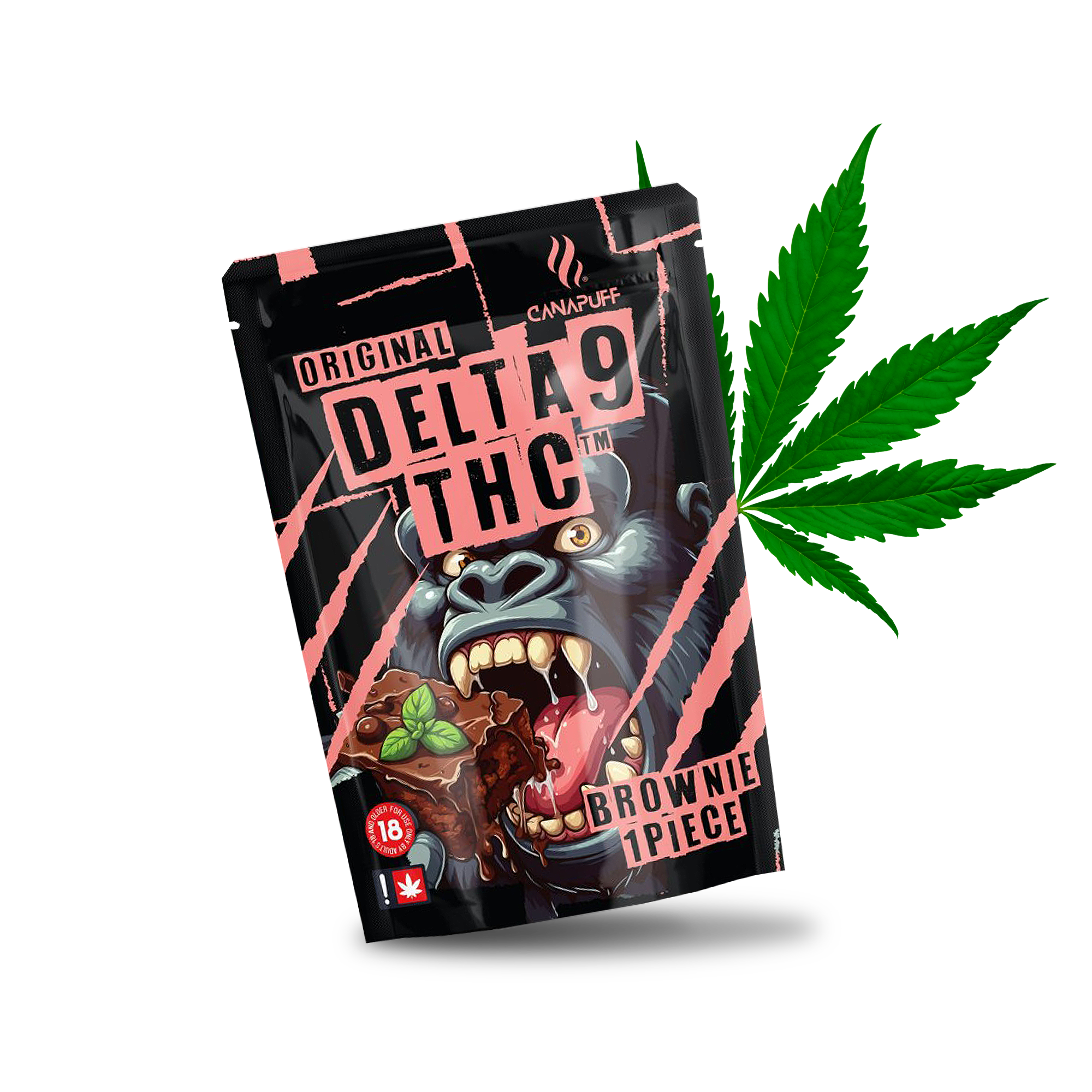

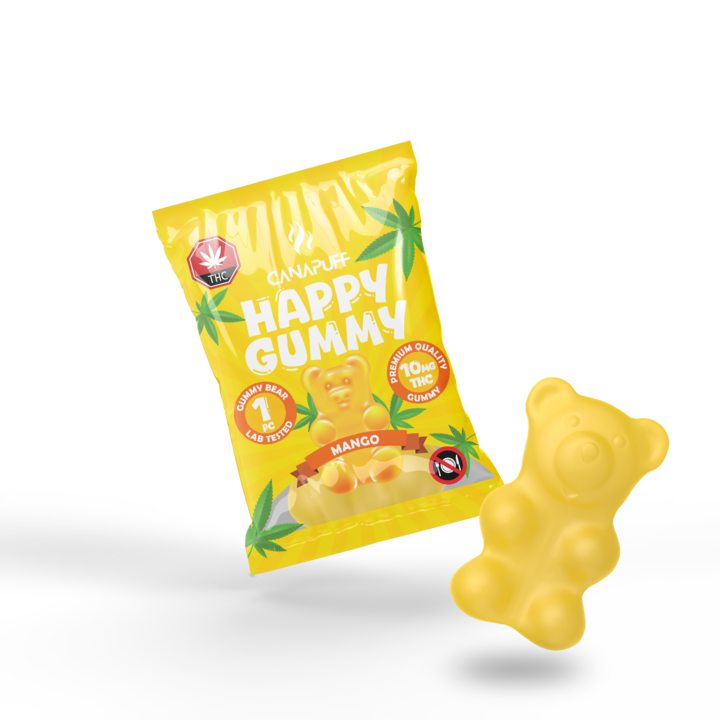
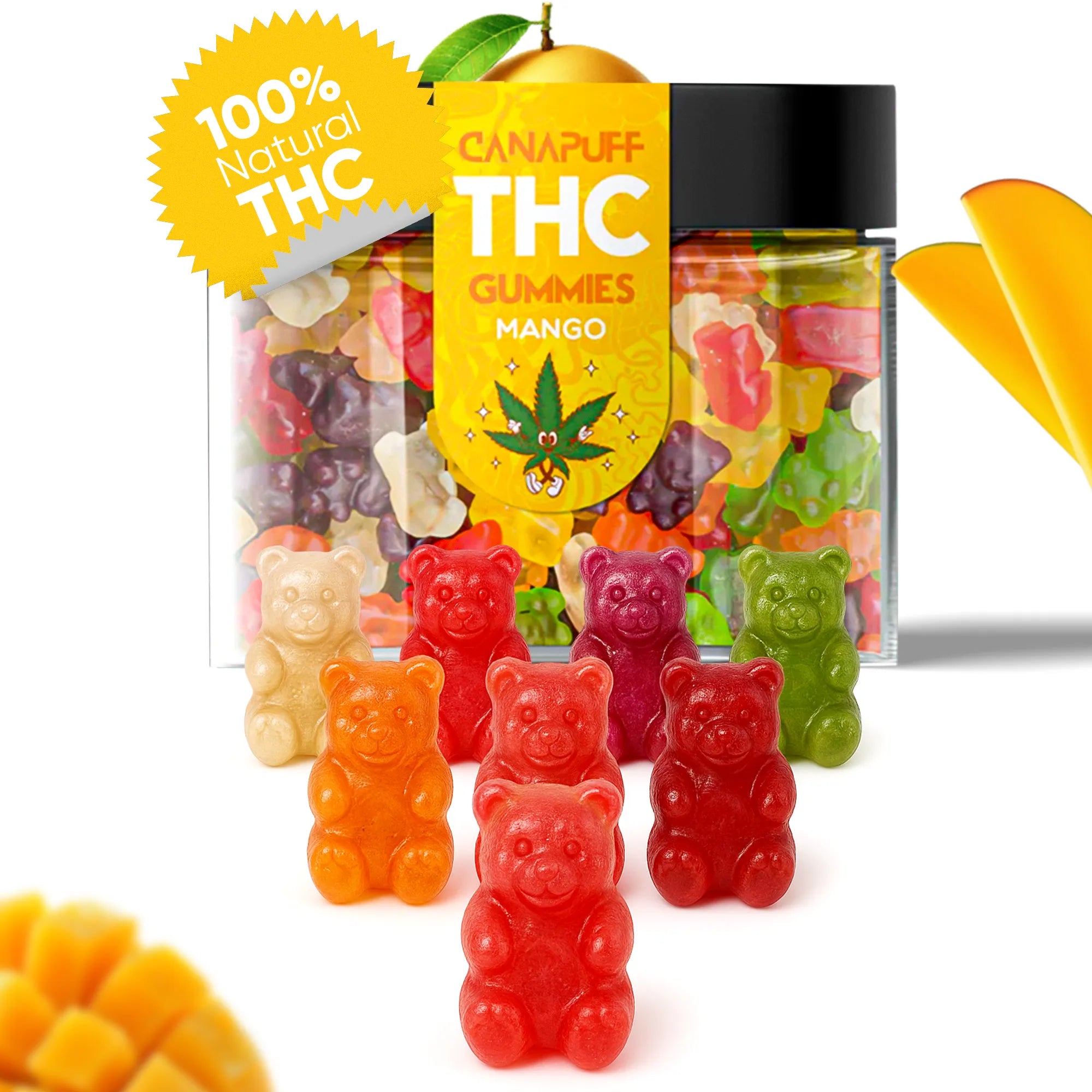

Leave a comment
This site is protected by hCaptcha and the hCaptcha Privacy Policy and Terms of Service apply.